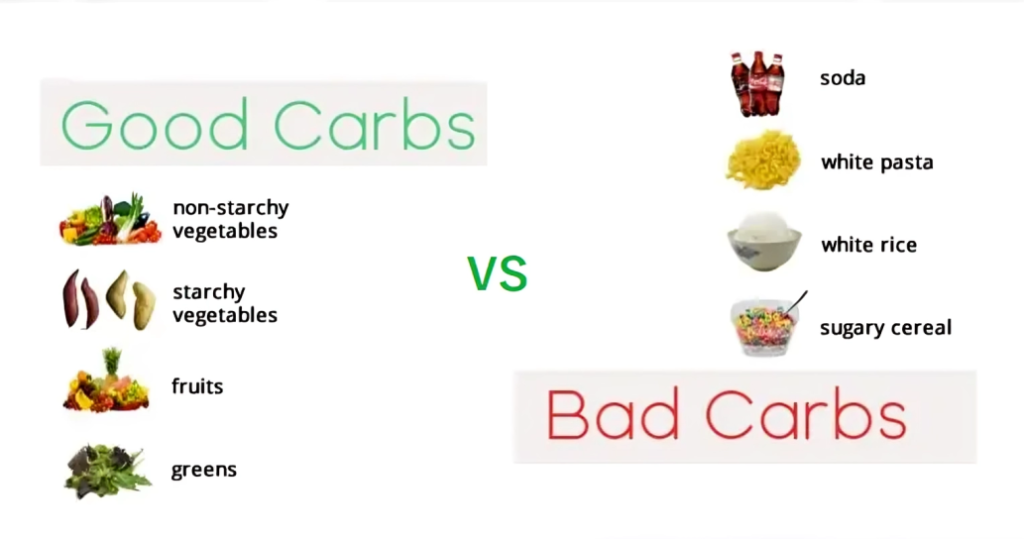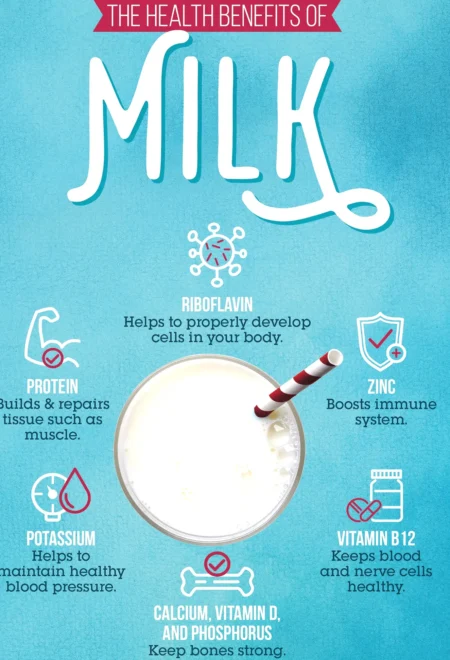Introduction
The low-carb diet has been gaining popularity in recent years as a way to improve health and achieve weight loss. The idea behind this type of diet is to limit the receive of carbohydrates, which are found in many foods such as bread, pasta, and sugary snacks.
By breaking the cycle of carbs, the body can shift from using glucose for energy to using stored body fat, leading to weight loss and improved health.
In 2024, the low-carb diet can be a great way to start the new year with a focus on improving overall health. By understanding the impact of carbs on the body and the benefits of a low-carb diet, individuals can improve decisions on how to improve their health & wellness and achieve their weight loss goals.
In this article, we will explore the low-carb diet in-depth, including its benefits, how to implement it in your daily routine, and how to overcome common challenges.
Whether you’re a beginner or an experienced dieter, this article will provide valuable information to help you make the most out of the low-carb diet in 2024.
Understanding Carbs and their Impact on the Body

Carbohydrates or carbs are one of the three main nutrients that can be found in food along with protein and fat.
Carbs can be classified into two main categories: simple and complex. Simple carbs can be found in foods such as sugar, fruit, and processed foods.
These foods can quickly be absorbed by the body leading to a spike in blood sugar levels. Otherwise, Complex carbs can be found in foods such as whole grains, vegetables, and legumes. They can be digested more slowly and generate a sustained source of energy all day long.
Eating up to too many simple carbs can lead to weight gain and negative effects on metabolic health. The body converts too much carbs into glucose which is then stored as glycogen or in other words fat.
A diet high in simple carbs can lead to insulin unaccepted a condition in which the body’s cells become unaccepted to the effects of insulin, leading to an unnatural increase in blood sugar levels. This can lead to an increased risk of type 2 diabetes, heart disease, and other health problems.
A high diet of carbohydrates can have negative impacts on your overall health, such as an increased risk of obesity (fatness), type 2 diabetes, metabolic syndrome, and heart diseases. Consuming too many refined carbohydrates, like white bread, pasta, and sugary snacks, can lead to weight gain, swelling, and a spike in blood sugar levels, which over time can increase the risk of chronic diseases.
A high diet in carbohydrates can also lead to a decrease in energy levels and an increase in fatigue, making it harder to stay active and maintain a healthy lifestyle for you.
One of the most notable benefits of the low-carb diet is weight loss and body composition changes. By limiting the receivable amount of carbohydrates, the body can shift from using glucose for energy to using stored body fat, leading to weight loss.
This type of diet can also help you to increase muscle mass and decrease body fat, leading to an overall improvement in body composition.
The low-carb diet can also improve your cardiovascular health by reducing the risk of heart disease. This type of diet can also improve cholesterol levels, lower blood pressure and improve blood sugar control.
By reducing the receivable amount of refined carbohydrates, the low-carb diet can help to decrease swelling and improve insulin sensitivity, which can lead to improved metabolic health.
The low-carb diet can also lead to increased energy levels and improved mental clarity. When the body is not relying on glucose for energy, it can lead to a steady supply of energy throughout the day. This can also help to improve mental clarity and focus, making it easier to stay productive and focused.
The low-carb diet can also lead to improved digestion and nutrient absorption. By consuming more nutrient-ful foods, such as vegetables, lean proteins, and healthy fats, the body will be more able to absorb more nutrients and digest more food more efficiently.
This can also lead to improved inflammation and Build a stronger immune system.
Implementing the Low-Carb Diet in 2024
Before starting the low-carb diet, it is important to set realistic goals for yourself. This could include a certain amount of weight loss for a specific time to reach your specific goals or a certain number of carbs to consume each day.
Once your goals are set, create a plan on how to achieve them. This could include a schedule of when to eat, what types of foods you should include in your diet, and how to track your progress.
Choosing the right foods is important for success on the low-carb diet. Foods such as vegetables, lean proteins, and healthy fats are good choices, while processed foods and refined carbohydrates should be avoided.
Read Also: Say Hi to Cinnamon and Goodbye to Winter Woes: 6 Reasons to Include Cinnamon Water in Your Diet
Meal planning can also help stay on track with the diet plan. Planning out your meals in advance can make it easier to stick to the diet and ensure that you are getting the necessary nutrients/steps.
Starting a new diet can be challenging and staying motivated can be difficult. Common challenges include cravings for carbohydrates, feeling deprived, and difficulty sticking to the plan.
To overcome these challenges, find ways to stay motivated, such as tracking progress, finding a workout buddy, or seeking support from others.
Having a support system in place can be extremely helpful in staying on track with the low-carb diet. Find a dietitian or a nutritionist to help guide you, seek out low-carb support groups, or consult online resources for information and inspiration. Remember that success on the low-carb diet takes time and effort, but with the right mindset and support, you can achieve your goals in 2024.
Conclusion
The low-carb diet is a popular and effective way to improve health and achieve weight loss. By limiting the intake of carbohydrates, the body can shift from using glucose for energy to using stored body fat, leading to weight loss and improved body composition.
Additionally, the low-carb diet can improve cardiovascular health, blood sugar control, energy levels, mental clarity, digestion, and nutrient absorption.
Starting the low-carb diet in 2024 can be a great way to kick-start a healthy lifestyle. By setting realistic goals, planning meals, and seeking support, individuals can make the low-carb diet a sustainable and effective way to improve health.
Remember that success on the low-carb diet takes time and effort, but with the right mindset and support, you can achieve your goals and see the benefits of the low-carb diet in your overall health and well-being.
For more information on the low-carb diet, consult with a dietitian or nutritionist, seek out low-carb support groups, or consult online resources such as books, blogs, and forums. Additionally, you can consult with your doctor to determine if the low-carb diet is right for you and if there are any precautions you should take before starting the diet.
Ref: what is carb cycling













